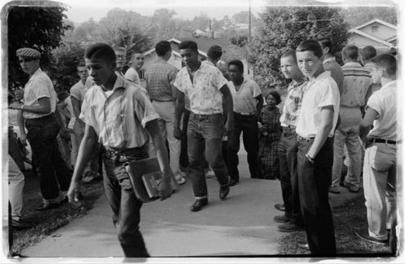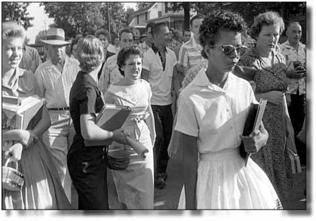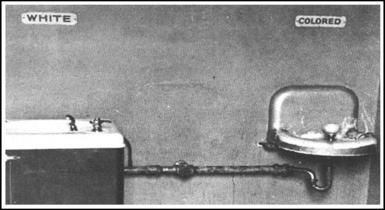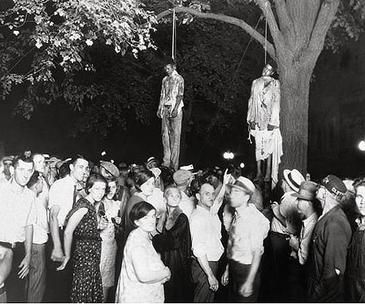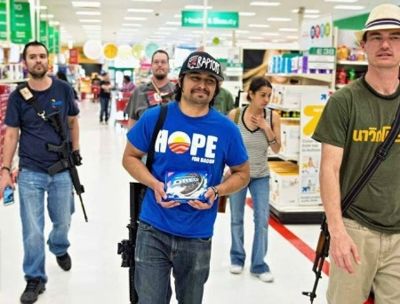That doesn't answer my question. How do you expect UBCs to be enforceable without registration?
JimDandy said:
And how do these prosecutions occur when there's no witness, and Alex Accused is an FFL selling what he reports as stoelen out the backdoor of his FFL shop to prohibited persons?
That's a different question. I don't know the answer, but I suspect that changing Alex to an FFL, as you have done, would give BATFE a few extra tools at their disposal, such as the authority to examine Alex's bound books, which he is required by law to keep.
That said, my first reaction is that if a felon is caught in possession, he
can be charged with felon-in-possession, which gives the prosecutor some leverage to get him to testify against the FFL. In the case where neither Alex or Danny are prohibited, as I posted above, where's the leverage to get one to roll on the other?
In the case where no felon is caught in possession, it may not be prosecutable, but there's more to it than just transferring to a prohibited person. There's also insurance fraud, and who knows what else. Once the gov't gets to digging around on one offense, it may lead to proof of others.
JimDandy said:
How did the government prove such a transaction happened before or after the NICS system came into effect on inventory acquired by FFL's before NICS came into effect?
I don't honestly know. Again, though, IIRC, BATFE can examine an FFL's bound books pretty much at will. Accordingly, if a comparison between bound books and invoices, inventories, bank records, etc., shows $$ coming in and inventory going out after the effective date of NICS, witout the appropriate notations somewhere, then the prosecuting authority may well be able to prove his case.
That does nothing to illuminate the sitation with the enforceability of UBCs as to private citizens, though.
JimDandy said:
In this type of system, there will always be a lag time where items already in commerce don't have a paper trail. Eventually they likely will. Some will enter this part of the system almost immediately as their manufacture date or even original point of sale will occur after the specified date. Most of the rest will enter the system through the natural course of commerce afterwards as they're transferred various times over the course of their "life".
So? Sure there will be a lag time. IMHO, that lag time will be = forever. At a minimum, decades. Decades of making law-abiding citizens drive to their local FFL, pay a fee, and have the BC done, during which the feds still won't be able to prosecute anyone for failing to do so without registration, and still won't be able to prosecute felons for failing to do so under any circumstances.
You still haven't answered my question. Put on your thinking cap, JD, and tell me how a prosecutor will prove that a FTF transaction in the absence of registration.
While I'm at it, allow me to pose another question: Is it really fair to force private citizens to go through a background check in order to transfer their private, lawfully-acquired property, when felons cannot be forced to do so?

